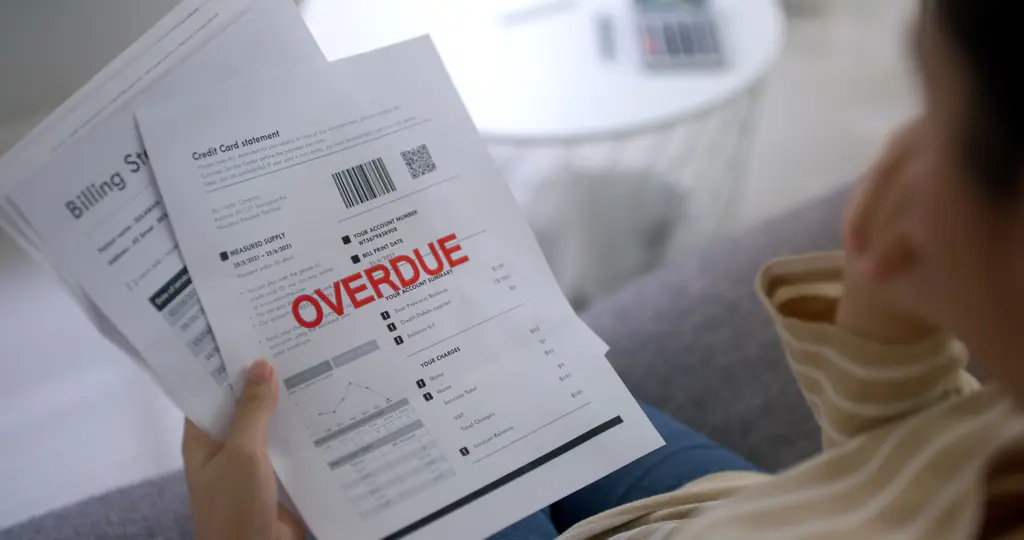If you are overwhelmed with debt in Phoenix, Arizona, you may wonder whether you can file for chapter 7 bankruptcy after chapter 13. Many people think that if they have already filed for chapter 13 bankruptcy, they cannot file for chapter 7 bankruptcy.
However, there are certain situations under which filing a chapter 7 bankruptcy is more beneficial than filing a chapter 13. Here is a discussion about whether an individual can file a chapter 7 bankruptcy after a recent chapter 13 case.
Differences Between Chapter 7 and Chapter 13 Bankruptcy
Chapter 7 bankruptcy is often said liquidation bankruptcy, given the fact that people applying for Chapter 7 must liquidate their “secured” assets. This may be a home or a vehicle.
Only then will the remainder of their unsecured debt (such as credit card debt or outstanding medical bills) be dismissed, meaning they will not be required to repay it.
Only those who pass a means test (which evaluates if their income is insufficient to support repayment) can apply for Chapter 7 bankruptcy.
On the other hand, Chapter 13 bankruptcy is referred to as a “reorganization” bankruptcy. You’ll establish a repayment plan that allows you to pay your creditors a certain sum over a particular term (usually three to five years) rather than selling your home.
Once you’ve paid off the agreed-upon part of your obligation, filing bankruptcy may also free you of your remaining unsecured debts.
For more details, please see: Forms of Bankruptcy in Arizona.
Chapter 7 Bankruptcy Filing After Chapter 13
You can file Chapter 7 bankruptcy proceedings after chapter 13 filing if you meet the eligibility requirements for Chapter 7 and want to start over fresh with a chapter 7 instead of using your previous Chapter 13 Bankruptcy, which did not eliminate or discharge your debts.
If you cannot pay back your chapter 13 petition, it will lead to the continuation of the debt, so there is no need to continue with bankruptcy proceedings.
You are eligible for Bankruptcy Relief under chapter seven if you have worked out with creditors what payments will be made monthly; typically, this is called a “plan.”
In certain circumstances, it may be possible to convert from a Chapter 13 Bankruptcy to a Chapter 7. This means that the individual would complete all Chapter 13 case requirements and be granted “relief,” but do so under a new type of contract called the “Chapter 7 Discharge.”
After this process, some assets may have been sold or liquidated for payments to creditors to be made throughout the case.
In our law practice, we often see circumstances where relief from debt is achievable more quickly by converting from one type of bankruptcy to another on different legal grounds.
Regrettably, many individuals who file for Chapter 13 bankruptcy cannot follow through on their repayment arrangements. You must return some obligations in full under Chapter 13. (such as child support and back taxes).
It would be best to contribute all your disposable income (as determined by law, not your checkbook) to the plan. This may result in a very high monthly payment, often too big for filers to make while still paying their other expenses.
Even if you could afford the monthly payment when you started your plan, your circumstances may change (job loss or disability) and substantially reduce your income. You may be contemplating converting your case to Chapter 7 in this scenario.
When Is It Possible to Convert to Chapter 7?
You have the right to change your Chapter 13 case to Chapter 7 at any time, provided you have not already obtained a Chapter 7 bankruptcy discharge within the past eight years.
Converting Your Bankruptcy Case
You must submit a motion with the court to convert your case. Certain courts provide paperwork for this purpose; if yours does not, contact the trustee for assistance. Without a court hearing, the request will be granted immediately.
You may be obliged to inform your creditors of the conversion; once again, the trustee should be able to provide you with guidance on the requirements in your jurisdiction.
Generally, you will utilize the paperwork you submitted in your Chapter 13 bankruptcy in your Chapter 7 bankruptcy. However, even if nothing has changed, your court may compel you to submit a fresh set of paperwork.
Additionally, the court will need you to submit a Statement of Intention, which is necessary for Chapter 7 but is not required in Chapter 13.
Are You Eligible for Bankruptcy Under Chapter 7?
If you change your case to Chapter 7, you must still meet the Chapter 7 eligibility requirements to continue. Chapter 7 has some eligibility criteria. The means exam is the one that most people get wrong.
The means test examines your income and expenditures; if you have an excessive amount of excess money, you may be ineligible for Chapter 7.
However, it is unclear if the means test applies to converted instances. Certain courts require debtors in hidden proceedings to satisfy the means test; others do not.
How can a bankruptcy lawyer help?
If you’re filing for bankruptcy, it’s essential to seek out an attorney who specializes in this area. Bankruptcy law is complicated, and it can be challenging to navigate on your own. It’s tricky if you’re filing for chapter 13 instead of chapter 7.
Chapter 13 bankruptcy allows you to restore your finances, pay back what you owe, and pay off any outstanding balances while retaining possession of your property. However, under chapter 13, you continue to have debt obligations more remarkable than the amount you can pay back under chapter 7.
Hiring a Phoenix Bankruptcy Attorney
The question of whether you can file Chapter 7 after Chapter 13 is an important one. If your income level is too high or you have not made payments on the plan for six months, it may be better to stick with the original chapter filed.
However, if either of these conditions does not apply and you want to move forward with filing bankruptcy under another chapter instead of continuing in your current situation, we recommend that you speak to a Phoenix bankruptcy attorney about this decision before moving forward.
We understand that this is an overwhelming decision, and we want to ensure that you get the best possible outcome in your situation. Our experienced lawyers are happy to answer any questions or concerns about how our services work, so please reach out today and schedule your free consultation!












